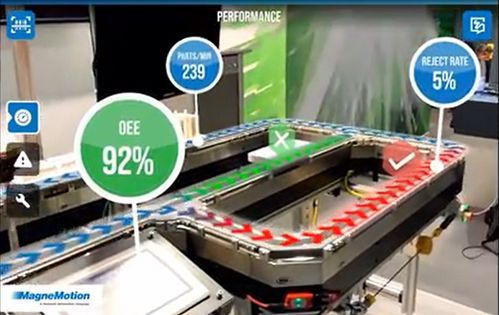Understanding SBR: A Comprehensive Guide
 SBR, or Sequencing Batch Reactor, is a term that encompasses a variety of applications and concepts. Whether you’re interested in the polymer industry, water treatment, or even software development, SBR plays a significant role. Let’s delve into the different dimensions of SBR to provide you with a comprehensive understanding.
SBR, or Sequencing Batch Reactor, is a term that encompasses a variety of applications and concepts. Whether you’re interested in the polymer industry, water treatment, or even software development, SBR plays a significant role. Let’s delve into the different dimensions of SBR to provide you with a comprehensive understanding.
1. SBR in the Polymer Industry
 In the world of polymers, SBR stands for Styrene-Butadiene Rubber. This synthetic rubber is widely used in various industries due to its excellent properties. SBR is known for its good abrasion resistance, heat resistance, aging resistance, and faster curing speed compared to natural rubber. It is often used in tire manufacturing, rubber belts, hoses, cables, medical devices, and other rubber products.
In the world of polymers, SBR stands for Styrene-Butadiene Rubber. This synthetic rubber is widely used in various industries due to its excellent properties. SBR is known for its good abrasion resistance, heat resistance, aging resistance, and faster curing speed compared to natural rubber. It is often used in tire manufacturing, rubber belts, hoses, cables, medical devices, and other rubber products.
Here’s a brief overview of SBR in the polymer industry:
| Property | Description |
|---|---|
| Abrasion Resistance | Excellent resistance to wear and tear |
| Heat Resistance | Good ability to withstand high temperatures |
| Aging Resistance | Resistant to environmental aging |
| Curing Speed | Fast curing speed compared to natural rubber |
2. SBR in Water Treatment
 In the field of water treatment, SBR refers to Sequencing Batch Reactor, a variation of the traditional activated sludge process. This technology is used for the treatment of organic matter in wastewater. SBR combines the processes of organic matter degradation and mixed liquor sedimentation into a single reactor, making the treatment process more efficient.
In the field of water treatment, SBR refers to Sequencing Batch Reactor, a variation of the traditional activated sludge process. This technology is used for the treatment of organic matter in wastewater. SBR combines the processes of organic matter degradation and mixed liquor sedimentation into a single reactor, making the treatment process more efficient.
Here’s a breakdown of the SBR process in water treatment:
- Water enters the reactor and reaches a predetermined volume.
- Removal of BOD, nitrification, denitrification, and phosphorus removal are performed.
- Microbial degradation of pollutants occurs during the aeration phase.
- After aeration and mixing are stopped, the reactor acts as a secondary sedimentation tank, allowing for the settling of sludge.
- The clarified liquid is then discharged, and the sludge is returned as seed sludge.
- The reactor enters an idle phase, allowing the sludge to be in a “starved” state, enhancing its activity in the next cycle.
3. SBR in Software Development
In the realm of software development, SBR stands for Software-Based Reuse and Spectrum Bandwidth Reuse. It is a method used to improve development efficiency and software quality by utilizing existing software resources. SBR in software development involves reusing libraries, frameworks, components, and other software elements to reduce the need for redundant coding and enhance maintainability.
Here’s a closer look at SBR in software development:
- Software-Based Reuse: This approach involves reusing existing software resources, such as libraries and frameworks, to accelerate the development process and improve software quality.
- Spectrum Bandwidth Reuse: In the field of communication, SBR refers to the reuse of spectrum bandwidth. It is a key technology used to optimize wireless communication by efficiently managing and utilizing limited frequency resources.
4. SBR in Manufacturing
In the manufacturing industry, SBR can refer to a specific manufacturing method or equipment. For example, an integrated SBR device is a patent-pending invention that combines aeration, water intake, and control systems into a single unit. This device is designed to improve the efficiency and effectiveness of wastewater treatment processes.
Here’s an overview of the integrated SBR device:
- The device includes an aeration unit and a tank.
- The aeration unit and water intake unit are parallel and both connected to the tank.
- The tank is equipped with a control unit that includes a decanting unit and an automatic control unit.
- The decanting unit is connected to the tank, and the automatic control unit is connected to the aeration and water intake units.
- The device also includes a pre-treatment unit in the water intake unit to remove impurities from the wastewater before it enters the tank.
In








